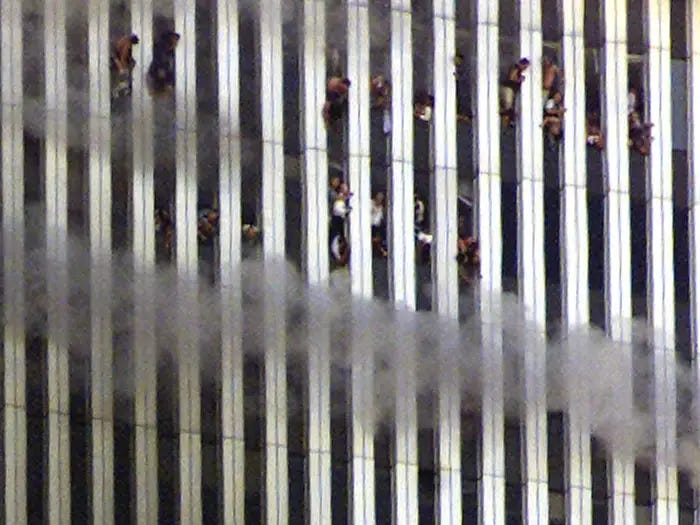When the Office Went Silent
A story, quote, and lesson about rebuilding after a tragedy
Some wounds never fully heal. But from pain, we can build something new.
On the morning of September 11, 2001, 658 employees of the financial services firm Cantor Fitzgerald arrived at their offices on the 101st to 105th floors of the North Tower of the World Trade Center. By 10:30 a.m., they were all gone.
With the stairwells above the impact zone destroyed or blocked, there was no path out. Every Cantor Fitzgerald employee present that morning perished. In total, the firm lost 658 of its 960 New York employees, nearly 70% of its entire workforce, along with 46 visiting contractors and guests. It was the single deadliest loss suffered by any company that day.
Among the few spared was CEO Howard Lutnick, who survived only because he had taken his son to his first day of kindergarten. When he returned home that night, he was both the leader of a devastated company and the grieving brother of a victim, his younger sibling, Gary, had also perished in the attacks.
In one morning, the company was shattered.
But the days that followed told a very different story.

Lutnick vowed that Cantor Fitzgerald would survive. And more importantly, he made a public promise: 25% of the firm’s profits for the next five years would go directly to the families of every employee lost that day. Over time, more than $180 million was distributed to those families.
The company also created a charity day held every September 11, where celebrities and employees come together to raise money for global causes in memory of those who died. To date, it has raised over $200 million for hundreds of charities around the world.
Cantor Fitzgerald kept its focus on evolving, not just surviving. The firm shifted toward technology, rebuilt its workforce, and became a global leader in financial services. But the scars remain. Rebuilding doesn’t mean forgetting. It means carrying the weight forward, together.
“My goal after 9/11 was to take care of the families of the people we lost, and that was the most important thing.”
- Howard Lutnick’s comment after the attacks.
Sometimes the only way to move forward is to take grief with you, to let it sit beside you as you work, to honor those gone by continuing what they helped build.
We will all face moments of deep tragedy in our lives. Moments where rebuilding feels impossible, where the world no longer makes sense, and where hope seems out of reach. But Cantor Fitzgerald’s story reminds us that even in the darkest hours, we are capable of choosing community, of choosing purpose, and of choosing to build something meaningful in memory of those we lost.
The lesson isn’t just about staying afloat. It’s about resilience grounded in compassion. It’s about using pain to do good, for others, for the world, and for those no longer here.
So now I ask you:
Where in your life can you rebuild, not by forgetting what was lost, but by honoring it with what comes next?
A quick PSA: This past week has been particularly tough. With news of mass protests and unrest around the world, a rise in school shootings, and the assassination of a prominent political commentator, I want to urge everyone to be kind to one another. Take a moment to reflect and surround yourself with those you love. Be grateful and always strive to make the world a better place. Only then may we work towards preventing more tragedies like these. Thanks and be safe.



Great article. It is in times like these that stories like Cantor Fitzgerald’s remind us there is always light at the end of the tunnel.
Thank you Martin.
Beautiful article. Thank you.